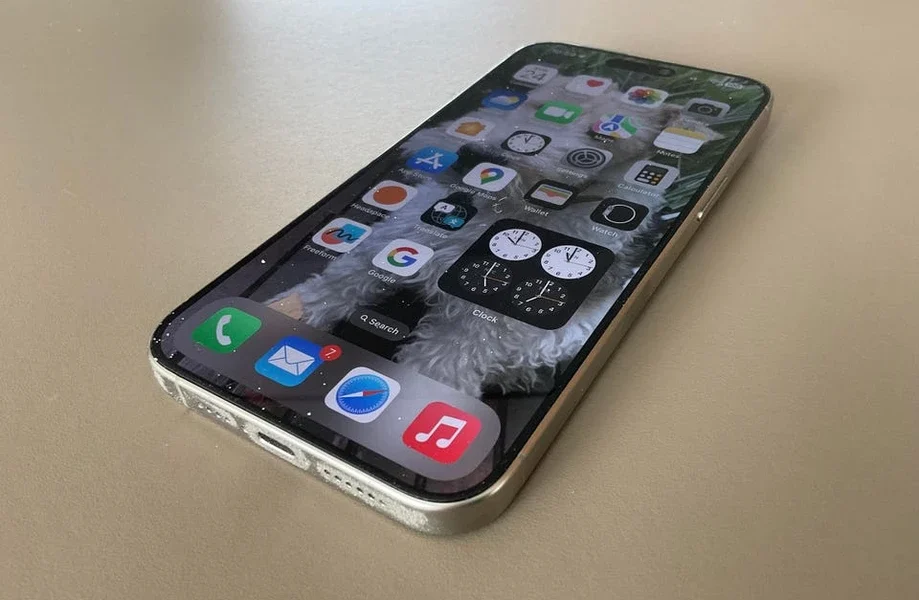iOS 17.3: Apple‘s Abrupt Withdrawal of Key iPhone Update
The anticipation for the next big software update for the iPhone has been abruptly interrupted as the second beta of iOS 17.3 was unexpectedly removed by Apple. This unexpected move has left users and developers puzzled, wondering about the implications and the possible causes behind this sudden Action.
Release and Withdrawal
On January 4th, Apple unveiled the second developer beta of iOS 17.3, a release that was eagerly awaited by iPhone users. However, the excitement quickly turned to concern as reports emerged of some users experiencing issues with their devices after installing the update. Complaints of bricked phones and devices caught in boot loops circulated, prompting Apple to take swift Action. After only a few hours, the company made the decision to remove iOS 17.3 and its parallel software for iPads, iPadOS 17.3, from the Developer Center. The sudden withdrawal caught many by surprise.
Key Implications
The removal of the beta versions has raised significant questions about the stability and integrity of the upcoming iOS update. This unexpected turn of events inevitably raises concerns about the potential impact on the general release schedule for iOS 17.3, which was initially anticipated for later in January or early February. With the developer beta being pulled and the public beta version yet to surface, uncertainties loom over the software’s timeline. Apple‘s silence regarding when it might reappear has left various stakeholders eagerly awaiting further updates and explanations.
Clarification from Apple
Amid the confusion and speculation, Apple promptly released updated release notes, acknowledging the issue that led to the withdrawal. The company cited a problem affecting a small number of devices, which subsequently posed a challenge for affected users in starting up their devices. The gravity of the situation was reaffirmed as Apple provided instructions on how to recover devices that were impacted by this issue, advising the affected users to enter Recovery Mode and restore a previous version of iOS or iPadOS.
Root Cause Analysis
As users seek clarity on why the issue occurred, a potential explanation has surfaced from noted Apple analyst Guilherme Rambo. It appears that the problem may have been more likely to occur for users who had Back Tap activated on their iPhones. This feature enables the device to respond to double-taps or triple-taps on the back of a compatible iPhone, providing a potential clue as to the cause of the issue. While this insight sheds light on the situation, it also raises questions about the thoroughness of Apple‘s beta testing process and its ability to detect such critical issues before issuing public releases.
User Caution and Impacts
This incident reinforces the cautionary advice from Apple to avoid installing beta software on critical devices. While the impact of the beta withdrawal is contained to a subset of users, the potential for disruption and instability in a crucial software update raises alarm for the broader iOS user base. This situation begs the question of how Apple plans to ensure the integrity and reliability of future software updates, particularly given the increasing complexity and essential nature of these updates in the daily functioning of Apple devices.
Looking Ahead
As Apple navigates through the aftermath of this unexpected beta withdrawal, the company faces the critical task of rebooting the confidence of both developers and users in the software update process. With the general release of iOS 17.3 hanging in the balance, the sway of the impact extends beyond the immediate withdrawal, creating a ripple effect that encompasses trust, reliability, and the overall user experience that the iPhone ecosystem promises.
Conclusion
The sudden withdrawal of iOS 17.3’s second beta serves as a stark reminder of the delicate balance between innovation and stability in the high-stakes landscape of software updates. Apple‘s swift response emphasizes the gravity of the situation, accentuating the need for astute attention to detail and rigorous testing. As the company works to restore faith in the iPhone update process, the incident underscores the ever-present need for user vigilance and industry accountability in delivering seamless and secure software experiences.
Source: forbes








No Comments